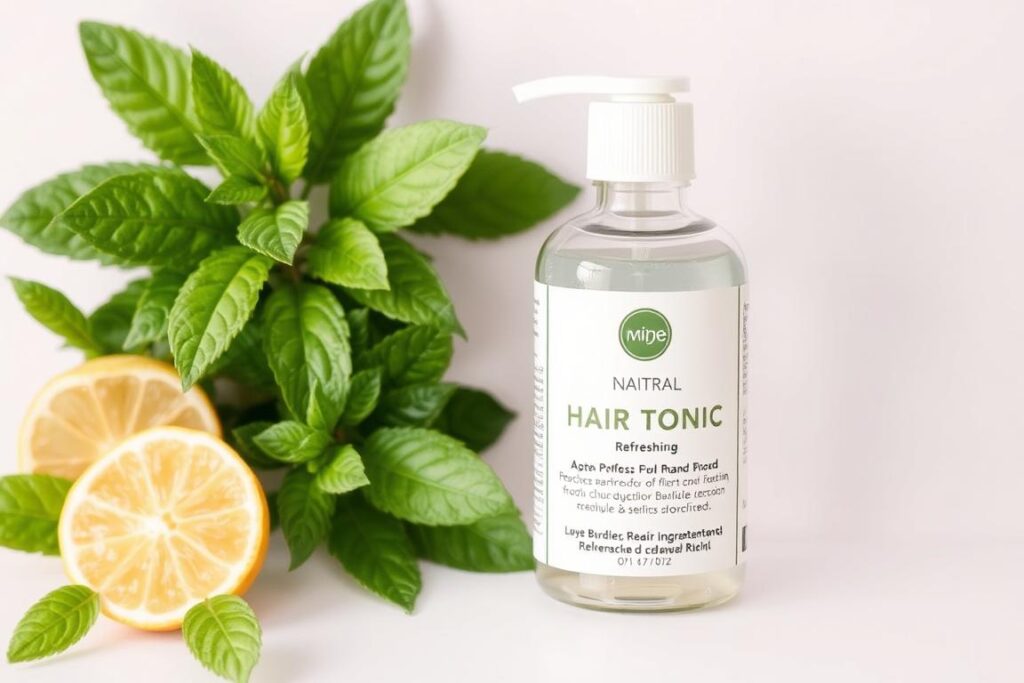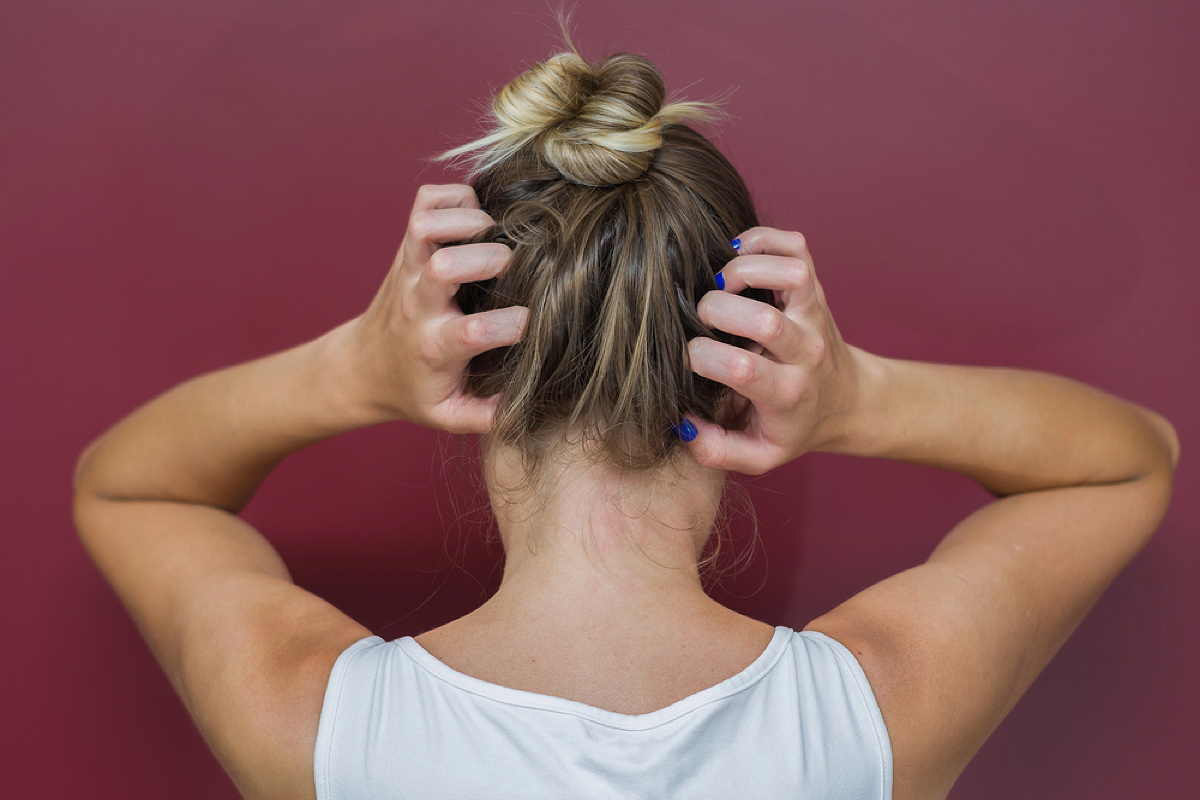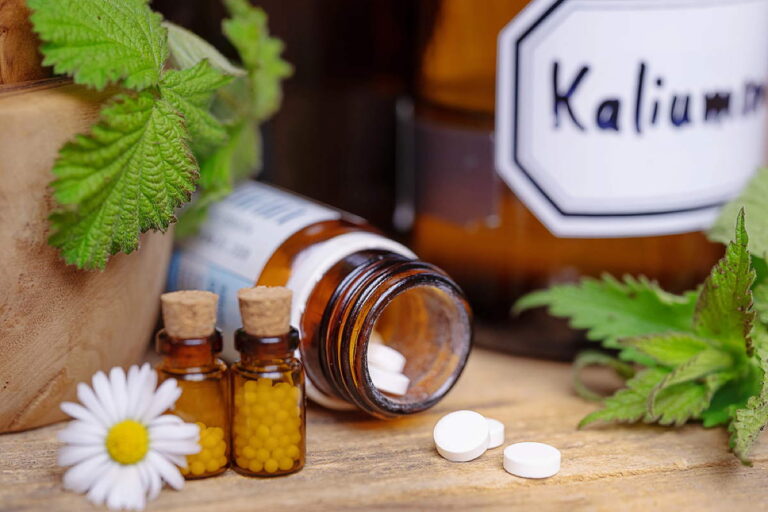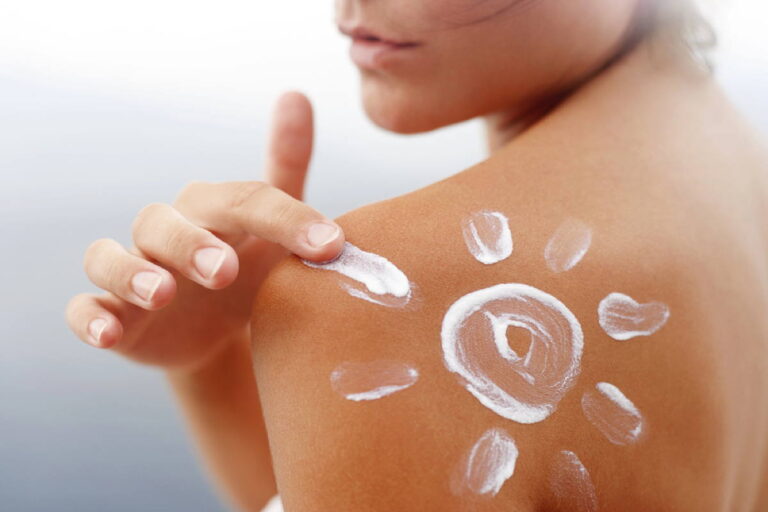What helps against dry scalp?
Almost everyone has experienced it: the scalp is itchy and tight, sometimes even accompanied by unpleasant dandruff. This problem can have a significant impact on everyday life and lead to insecurity.
A dry scalp is often the result of a disturbed oil and moisture balance. Normally, the scalp protects the head from external influences and regulates both the body temperature and the water balance. If this natural balancing act is disturbed, it can lead to dryness, itching and dandruff.
In this article, you will find out what could be causing your dry scalp and how you can treat it effectively. We give you practical tips on the right care and introduce you to suitable products and tried-and-tested home remedies that will help your scalp regain its balance.
Understanding dry scalp: Causes and symptoms
If you suffer from dry scalp, it is important to understand the causes. A dry scalp can be caused by various factors, including both external influences and internal changes.
How do you recognize a dry scalp?
A dry scalp often manifests itself through itching, redness and dandruff. You may also experience a feeling of tightness on your scalp, especially after washing your hair. If you notice these symptoms, it is advisable to check the care of your scalp.
An easy way to recognize dry scalp is to pay attention to whether your scalp feels itchy or dry after washing or after wearing hats and caps.
Common triggers for dry scalp
There are several factors that can contribute to dry scalp. Some of the most common triggers are:
- External influences such as dry heating air or excessive sunlight
- Incorrect hair care products that contain aggressive ingredients
- Extreme temperatures, both hot and cold
- Hormonal changes during pregnancy or the menopause
- Mechanical friction caused by brushes or tight headgear
- Water containing chlorine or salt water
The following table provides an overview of the most common triggers and their effects on the scalp:
| Trigger | Impact |
|---|---|
| Dry heating air | Moisturizes the scalp |
| Excessive solar radiation | Can cause sunburn on the scalp |
| Wrong hair care products | Attack the natural protective film |
| Extreme temperatures | Reduce sebum production |
By understanding the causes of your dry scalp, you can take specific measures to treat it and prevent future dryness.
What helps against dry scalp: The best care products
If you suffer from dry scalp, there are various care products that can help you. The right care is crucial to soothe and moisturize your scalp.
Mild shampoos for sensitive scalps
A mild shampoo is the be-all and end-all when caring for a dry scalp. It is important to choose a shampoo that is gentle on the scalp and does not contain any aggressive ingredients.
Look for a shampoo that has been specially developed for dry or sensitive scalps. These products are usually free from sulphates, parabens and artificial fragrances, which can irritate the scalp.
Special treatments and tonics
In addition to a mild shampoo, special treatments and tonics can help to soothe and moisturize the scalp. Products with ingredients such as aloe vera, shea butter or jojoba oil can be very helpful.

What you should look out for when selecting a product
When choosing care products for dry scalps, you should pay attention to certain ingredients. Avoid products with alcohol, aggressive surfactants and artificial fragrances, as these can also dry out the skin.
- Pay attention to the list of ingredients (INCI) and avoid products with harmful chemicals.
- Look for products labeled “for dry scalp” or “pH skin neutral”.
- Always test new products on a small area first to make sure your skin doesn’t react hypersensitively.
The right hair washing routine for a dry scalp
A proper hair washing routine is crucial to treating dry scalp. By washing and caring for your hair properly, you can alleviate the symptoms and keep your scalp healthy.
Optimum water temperature and washing frequency
The temperature of the water and the frequency with which you wash your hair play an important role in caring for a dry scalp. Use lukewarm water instead of hot water, as hot water can further dry out the scalp.
It is also advisable not to wash your hair too often. Excessive washing can remove the scalp’s natural oil layer, leading to further dryness.
- Use lukewarm water to wash your hair.
- Avoid washing your hair too often to preserve the natural oil layer.
Gentle hair washing techniques
When washing your hair, you should use gentle techniques to avoid irritating your scalp. Gently massage the shampoo into the scalp and avoid rubbing vigorously.
Dry hair properly without irritating the scalp
After you have washed your hair, it is important to dry it properly. “Heat irritates the skin – this also applies to the scalp. Air drying is particularly gentle on the hair.”
It’s best to let your hair air dry after washing. If you’re in a hurry, you can wrap it in a soft towel for a few minutes before blow-drying it on a low setting.
“It’s best to let your hair air dry after washing, as any form of heat can further dry out the scalp.”
When blow-drying, keep the hairdryer moving and keep a sufficient distance from the scalp to avoid irritation.
Effective home remedies for dry scalp
If you suffer from dry scalp, there are some home remedies that can help. These natural methods can soothe your scalp and help it to become healthy again.
Here are some of the most effective home remedies you can try.
Natural oils for scalp care
Natural oils are a great way to condition and nourish your scalp. Some of the best oils for dry scalps are olive oil, coconut oil and jojoba oil.
These oils have moisturizing properties and can help to soothe the scalp and relieve itching.
DIY hair treatments with avocado and other ingredients
Avocado is rich in nutrients and can help to nourish and strengthen the scalp. You can make a simple hair treatment by mixing ripe avocado with other ingredients such as honey and egg.
This treatment can help to moisturize the scalp and promote hair growth.
Apple cider vinegar and tea tree oil to help with itching
Apple cider vinegar and tea tree oil are two other home remedies that can help treat dry scalp and itching. Apple cider vinegar has antimicrobial properties and can help to balance the pH of the scalp.
Tea tree oil has an anti-inflammatory effect and can help to relieve itching. However, it is important to use tea tree oil diluted to avoid skin irritation.
Remember that it is important to apply these home remedies carefully and test them on your skin before using them on large areas.
Scalp massages: how to stimulate sebum production
Gentle scalp massages can promote blood circulation and stimulate sebum production. Sebum protects the dry scalp and helps to bind moisture. A scalp massage can stimulate sebum production by stimulating blood flow to the scalp.
Simple massage techniques for at home
You don’t need any special equipment or previous experience for an effective scalp massage. Start by gently massaging your scalp with your fingertips. Use circular movements to stimulate blood circulation. Start at the back of the head and work your way forward.
- Use natural, moisturizing oils such as jojoba, almond or argan oil, which are similar to the composition of the body’s own sebum.
- Warm the oil slightly between your palms before applying it.
- Massage in the oil with gentle pressure in circular movements.
The correct use of oils for massage
Choosing the right oil is crucial for a successful scalp massage. Natural oils such as jojoba oil nourish the scalp and promote sebum production. Apply small amounts of the oil directly to the scalp and massage it in gently.
- For an intensive treatment, you can leave the oil on for a few hours or overnight after the massage.
- Make sure to wash out the oil thoroughly but gently afterwards to remove all oil residues.
- In stubborn cases, a regular oil massage (2-3 times a week) can help to restore the natural balance of the scalp.
By performing regular scalp massages and using the right oils, you can stimulate sebum production and strengthen your scalp.
Change everyday habits: Prevention of dry scalp
Dry scalp can be prevented by making simple changes to your daily routine. By changing a few basic habits, you can significantly improve the health of your scalp.
Nutrition and hydration for a healthy scalp
A balanced diet, rich in vitamins and minerals, is crucial for the health of your scalp. Make sure you stay well hydrated to strengthen your skin from the inside out. A healthy diet can help provide your scalp with essential nutrients, reducing dryness and discomfort.
Avoid environmental influences: Heat, cold and dry air
Extreme temperatures and dry air can stress your scalp. Try to avoid extreme heat or cold and, if necessary, use a humidifier to regulate the humidity in your home. This can help to protect the scalp from external influences and prevent redness.
Stress reduction for a healthy skin balance
Chronic stress can trigger hormonal changes that have a negative impact on your scalp. Incorporate regular relaxation techniques such as meditation, yoga or progressive muscle relaxation into your daily routine to reduce stress hormones. Adequate sleep and regular exercise in the fresh air can also help to promote the balance of your scalp and alleviate stress-related complaints.
By paying attention to your work-life balance and consciously planning time off, you can reduce stress in the long term. A healthy scalp is the result of a combination of proper care and healthy daily habits.
When you should go to the doctor with dry scalp
If your dry scalp does not improve despite self-treatment, you should see a dermatologist. An itchy scalp can have various causes and sometimes a medical examination is necessary. Medical help is particularly necessary if the itching interferes with your daily life, lasts longer or occurs repeatedly.
There are several signs that indicate that you need professional help. If the itching is so severe that it disturbs your sleep or significantly affects your everyday life, this is a clear sign that you should see a doctor. Alarm signs that require an immediate visit to the doctor are severe redness, swelling, weeping areas, crusts or blisters on the scalp and hair loss in connection with the symptoms.
A dermatologist can make an accurate diagnosis to determine whether there is a more serious condition behind your itchy scalp problem, such as seborrheic eczema, psoriasis or a fungal infection. During the examination, the doctor will take a close look at your scalp, possibly take a sample and ask you about your symptoms, their duration and possible triggering factors. This examination usually only takes a few minutes.
Depending on the diagnosis, the doctor may prescribe prescription medication such as cortisone-containing solutions, antifungal preparations or special medicated shampoos to treat your itchy scalp. It is advisable to see a doctor if you have other skin problems on other parts of your body in addition to the dry scalp, as this may indicate a systemic condition.
Don’t hesitate to make an appointment if you are unsure. Early treatment can positively influence the course of many scalp diseases and prevent a minor problem from becoming a chronic condition.





